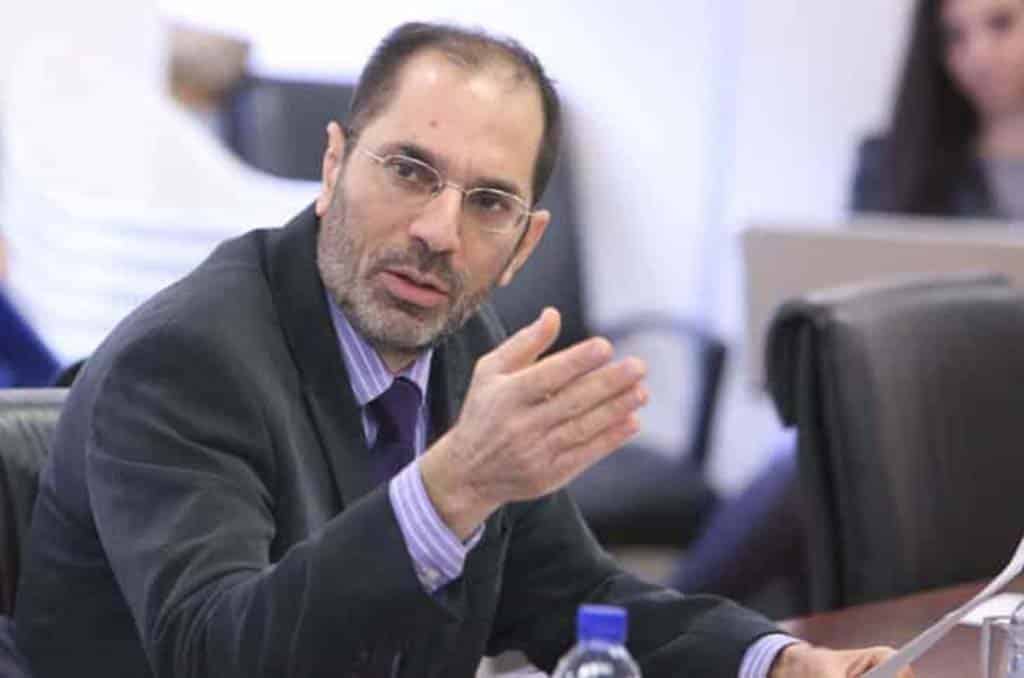The interior ministry and audit service crossed swords on Tuesday over proposed changes to laws regulating the management of Turkish Cypriots properties, sparking concern among MPs at the House refugee committee.
During the session, Auditor-General Odysseas Michaelides said they were concerned about proposed changes to allow for Turkish Cypriot properties to be inherited.
He had said that allowing the properties to be inherited by relatives of refugees in them, essentially negates the interior ministry as the guardian of the properties.
But the interior ministry said the amendment upgrades the status of displaced persons residing in Turkish Cypriot residences and gives them the right to inherit the right to lease the residence to their children, who will be able to use it under certain conditions.
It added that inheritance does not mean the property itself but the licence to use it as the ownership of the property is protected by the constitution.
“The regulation of this issue resolves another decades-old problem that created two types of refugees and caused inequality and feelings of injustice among the displaced persons, since a significant proportion of refugees lived in Turkish Cypriot houses without any security, which also had a negative effect on the maintenance of these buildings,” the ministry said.
The ministry added as regards the important parameter of the hereditary nature of the licence to use Turkish Cypriot houses, it is stressed that this is introduced primarily to redress the injustice suffered by displaced persons who reside in them and cannot use them to meet the housing needs of their heirs.
It is commonly accepted that under the current legislative framework, refugees who have been allocated Turkish Cypriot housing are at a disadvantage compared to, for example, refugees housed in estates, who have title deeds and can transfer them to their heirs.
“The reference of Mr Michaelides – as reported in publications – that with the bill ‘essentially the Guardian takes out of the game from the disposal of Turkish Cypriot houses’, is in no way valid. The disposal of the properties will continue to be carried out by the Guardian, however, clear and meritocratic criteria for eligibility and classification of the beneficiaries will be introduced and applied, so as to limit the discretion of the Guardian, which, in the absence of clear criteria and institutionalised transparent procedures, has until now caused phenomena of abuse and exploitation of the properties, to the detriment of the refugee world.
“In other words, a major problem has been solved, for which the interior ministry has been criticised more than once, even by the audit office itself, with regard to the leeway provided by the law for selective preferential treatment of refugees,” the ministry said.
Earlier at the meeting, Michaelides observed that while Turkish Cypriot properties are theoretically allocated to refugees who do not have homes, in the end they may end up not to those in need but to well-off people and at the same time refugees who are homeless may end up on the streets.
He also said that if the use is inherited, a homeless refugee will be forced to seek the heirs of the beneficiary to buy the use of the Turkish Cypriot property that would serve him.
The Auditor General also asked what happens when a beneficiary passes away and has three to four heirs?
Chairman of the committee, Akel MP Nikos Kettiros said that “there is indeed an attempt to rationalise the management of Turkish Cypriot properties with new regulations for several provisions for which there was no legislative regulation, such as the allocation of shares, which seems to be in the right direction”.
However, he noted, when the audit office commented on the bills, strong reservations were expressed, such as the fact that many Turkish Cypriot properties, with the regulations introduced on succession, will end up in the hands of non-refugees, while strong reservations were also expressed on the definition of transfer to heirs and succession, for which political issues may also arise.
The auditor general, according to Kettiros, made reference to “black market” and “black market” conditions.
Asked to clarify, Kettiros said that the possibility for owners of Turkish Cypriots houses or commercial premises that received significant investments to transfer the use to displaced persons, not necessarily heirs, is a point to which the auditor general referred, from which transactions he described as “illegal” may arise.







Click here to change your cookie preferences